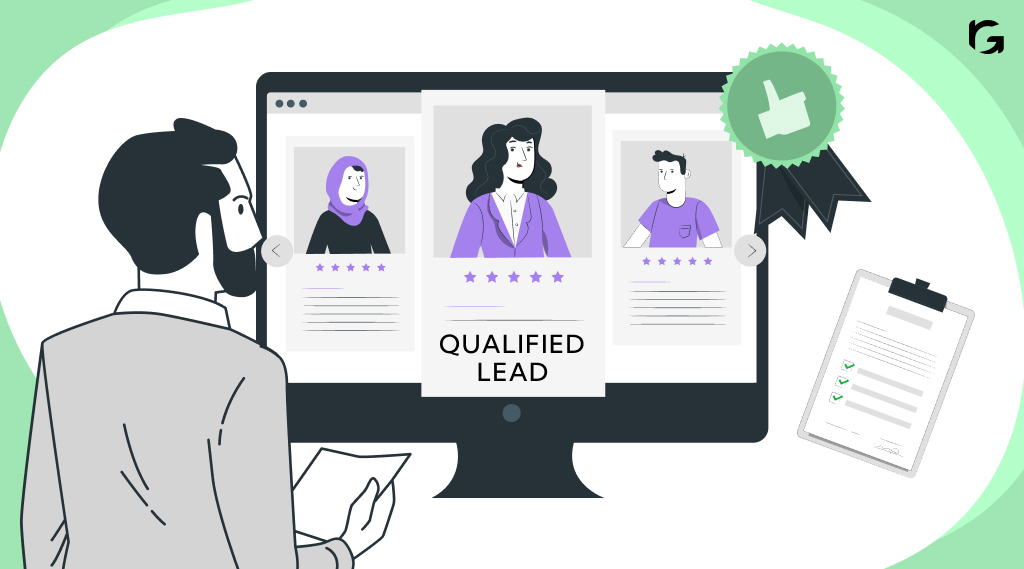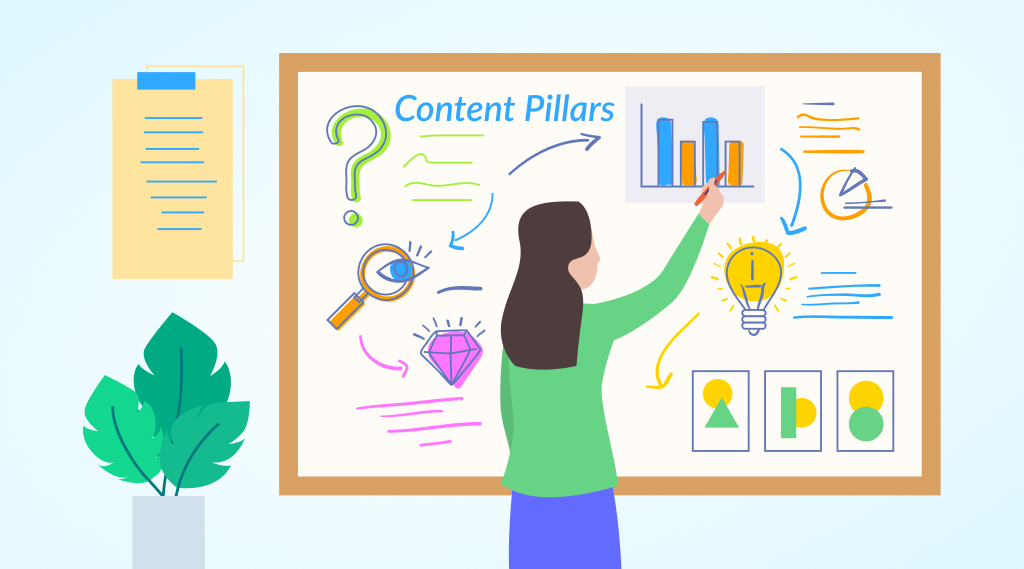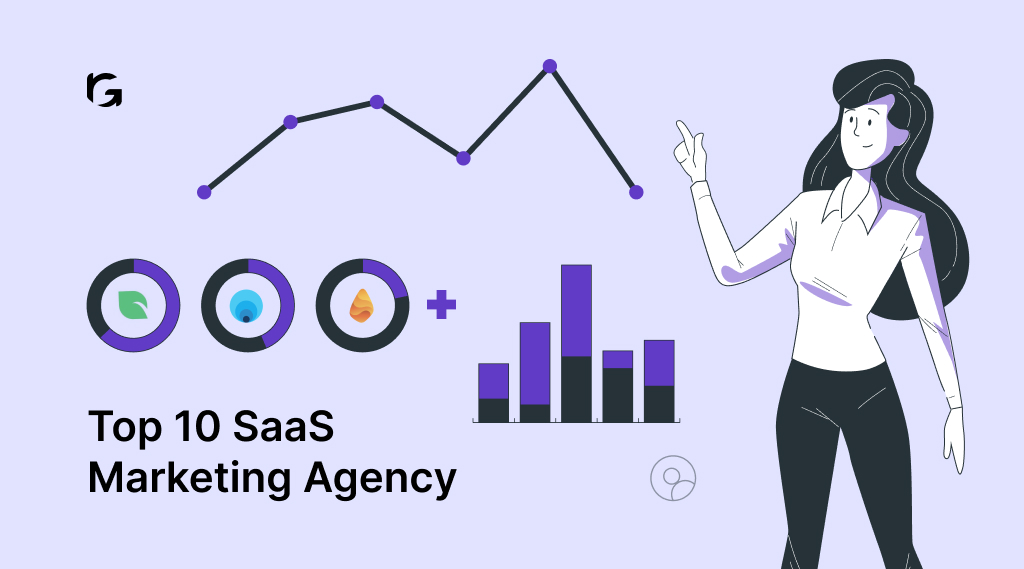Introduction
When your sales pipeline starts to slow down, it’s more than just a bump in the road. It’s a sign that something needs fixing. SaaS is a highly competitive industry, you need more than just any leads; you need the right ones. It’s all about filling your pipeline with interested prospects and genuinely ready to take the next step.
You might be dealing with leads that aren’t a good fit, strategies that aren’t hitting the mark, or the ongoing challenge of keeping pace in a crowded market. These issues can lead to wasted time, missed opportunities, and, in the worst case, stalled growth. A steady stream of well-qualified leads is crucial for keeping your business moving forward.
In this guide, we’ll look at practical ways to tackle these challenges, focusing on attracting high-quality leads that can help you grow your business.
Why does Intent matter the most in lead generation?
Ever feel like you’re throwing darts in the dark when it comes to lead generation? I’ve been there. It’s frustrating to put in all that effort only to find that the leads you’ve gathered aren’t interested in what you’re offering. That’s where intent data comes into play. It’s like flipping the lights on and finally seeing exactly where to aim.
Here’s why intent data can change everything in lead generation:
Getting more out of your pipeline
Imagine focusing only on the leads that have shown real interest. Intent data allows you to do just that. It’s no surprise that 97% of marketers say that leads driven by intent data are more effective at filling the pipeline than those from other sources.
You’re not just filling your pipeline; you’re filling it with leads far more likely to convert.
Better conversion rates
The goal isn’t just to generate leads but to turn those leads into customers. Intent data boosts your chances here, too. 86% of marketers agree that intent-driven leads improve the conversion from Marketing Qualified Lead (MQL) to Sales Accepted Lead (SAL).
Understanding what your prospects are looking for can help you tailor your messaging and make their journey smoother and more relevant.
Making the buyer’s journey smoother
Think about how much easier it is to engage with someone when you know what they’re interested in. That’s exactly what intent data helps you do. By responding to accurate signals from your prospects, you can offer them exactly what they need at each stage of their journey.
This improves their experience and increases the likelihood that they’ll move forward in the buying process.
Better resource allocation
Let’s face it: time and resources are limited, and no one wants to waste them on leads that aren’t going anywhere. Intent data helps you focus on the leads most likely to convert, meaning your team can spend more time on high-impact activities.
This makes your marketing and sales efforts more efficient and effective, helping you maximise your resources.
Using intent data is like having a roadmap that guides you to the most important leads. It’s about working smarter, not harder, and making sure that every lead in your pipeline has the potential to become a customer.
Are you focusing on the wrong marketing channels for acquiring leads?
It’s easy to get caught up in the excitement of trying out new marketing channels, especially when everyone’s talking about them. But if you’re not seeing the expected results, it might be time to step back and assess whether you’re focusing on the right channels for your business. Sometimes, what works for others might not be the best fit for you, and misalignment can lead to wasted time, effort, and resources.
If your lead generation isn’t delivering the quality or volume of leads that drive conversions, here’s how you can reassess your approach:
- Track and measure performance: Start by analyzing the performance of each marketing channel. Look at conversion rates, cost per lead, and overall ROI. If a channel isn’t producing high-quality leads that convert, the investment may not be worth it.
- Align channels with the buyer’s journey: Understand how different channels influence the various stages of the buyer’s journey. Some channels might be great for building awareness but not as effective at driving conversions. Make sure your channels are aligned with your goals for each stage of the journey.
- Regularly audit and refine your strategy: Marketing channels constantly evolve; what worked last year might not work today. Periodically audit your channels to ensure they’re still effective, and don’t be afraid to pivot if you find that a particular channel is no longer delivering.
- Test new channels cautiously: While it’s essential to innovate, make sure you’re testing new channels on a small scale before fully committing. This way, you can gauge their effectiveness without risking a significant portion of your budget.
- Focus on where your audience is active: Engaging them where they spend their time is crucial. If your target audience isn’t active on a particular platform, it doesn’t make sense to allocate resources there, no matter how popular it might be.
A 7-step action plan to generate qualified leads for your SaaS business
For startups
Whether just launching your startup or scaling a growth-stage company, generating qualified leads is key to your success. But where do you start? Here’s a 7-step action plan to guide you through the process, tailored to the specific needs of both startups and growth-stage businesses:
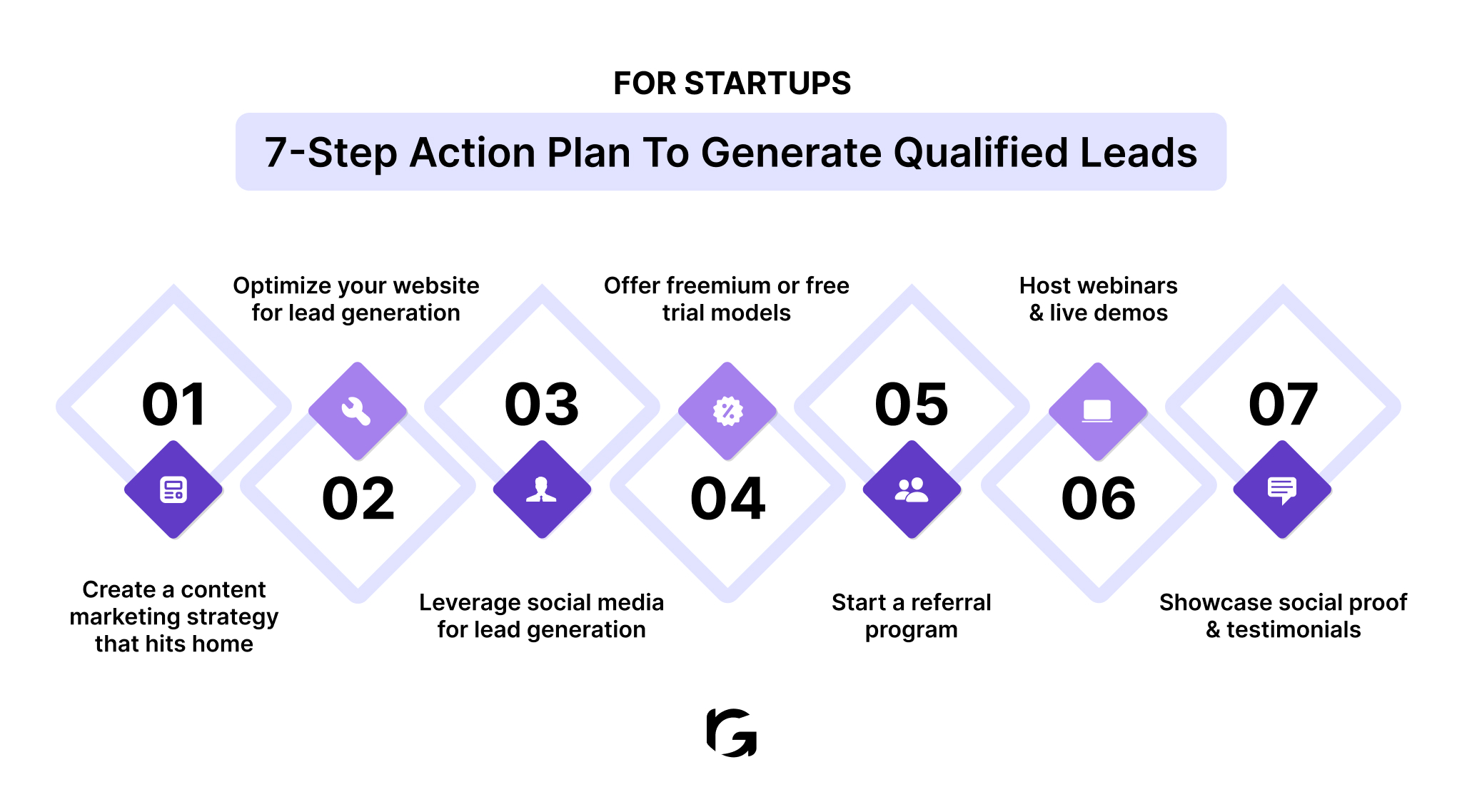
1. Create a content marketing strategy that hits home
Start by crafting content that speaks directly to your ideal customers’ challenges. Consider blog posts, eBooks, or case studies that position your brand as an expert. And don’t forget about gated content resources which users can get by providing their contact information.
It’s a great way to capture leads who are genuinely interested in what you have to offer.
2. Optimize your website for lead generation
Your website is often the first point of contact, so it needs to make a strong impression. Make sure it’s mobile-friendly, loads quickly, and has clear, compelling calls-to-action (CTAs). Simple, well-designed forms on your landing pages can make a difference in turning visitors into leads.
3. Leverage social media for lead generation
Figure out where your audience hangs out online and focus your efforts there. Whether LinkedIn for B2B SaaS or Twitter and Facebook for a broader audience, regularly post valuable content, engage in conversations, and run targeted ads. Social media is your goldmine for generating leads if used strategically.
4. Offer freemium or free trial models
A freemium version or a free trial lowers potential customers’ barriers to trying your product. Once they see the value, they’re much more likely to convert into paying customers. It’s a win-win! You get genuinely interested leads, and they get to experience what you offer without any upfront cost.
5. Start a referral program
Happy customers can be your best marketers. Encourage them to refer others by offering incentives like discounts or free service months. Referrals are powerful since they come with a built-in level of trust, making them high-quality leads.
6. Host webinars and live demos
Webinars and live demos are fantastic for showing off your product and engaging with potential customers. They require registration, which helps you capture leads and allows you to address questions and objections in real time.
7. Showcase social proof and testimonials
Promising testimonials, reviews, case studies on your website, and marketing materials can significantly boost your credibility. When potential customers see others having a positive experience with your product, they’re more likely to take the next step.
For growth stage
As your SaaS business grows, it’s time to step up your lead generation game. You can’t rely on the same old methods to get your desired leads. You must be more strategic, targeted, and creative to attract the right people and keep your pipeline flowing. This 7-step plan will guide you through generating qualified leads that convert:
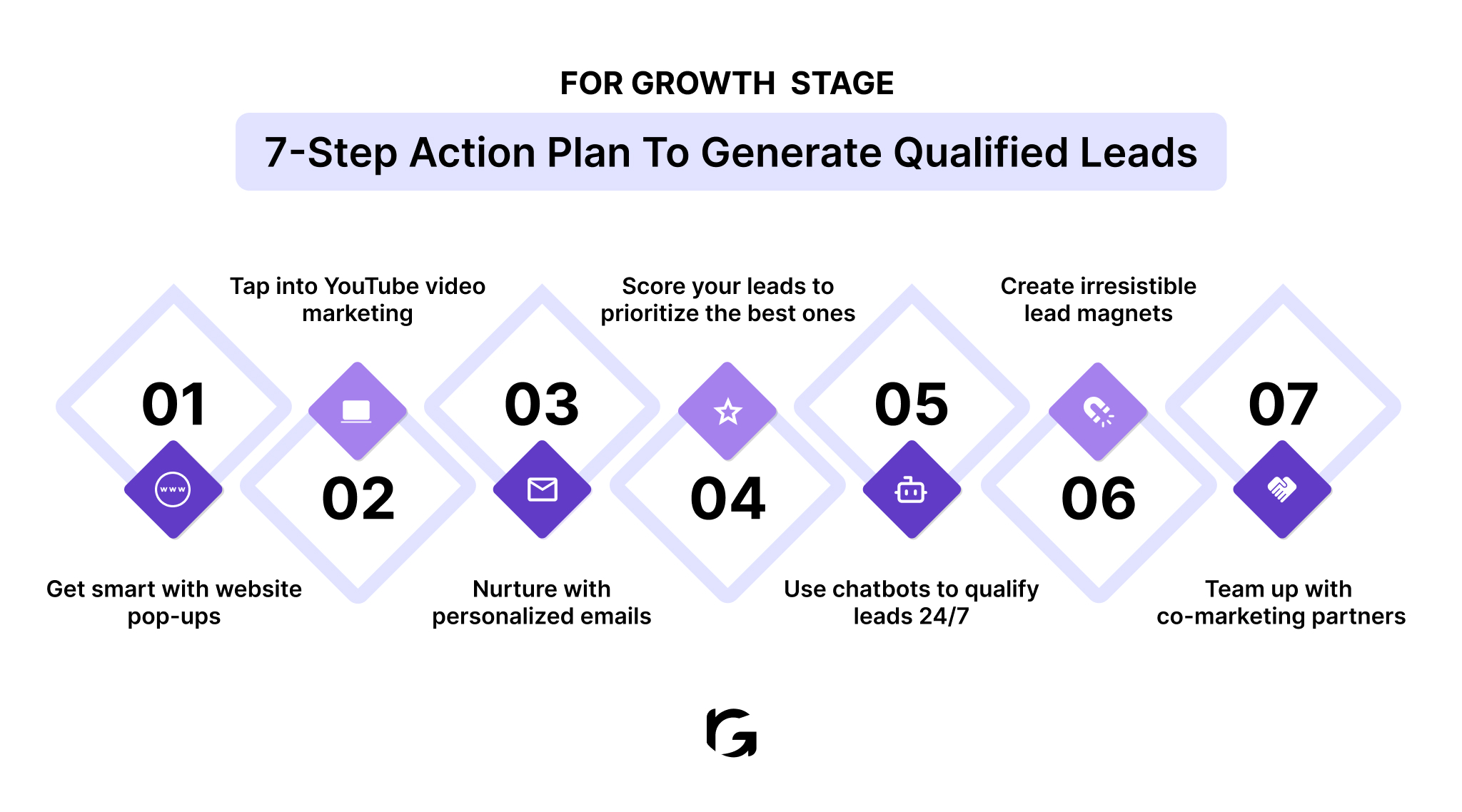
1. Get smart with website pop-ups
If you’ve got decent traffic coming to your site, pop-ups can help you capture those leads before they leave. But not just any pop-up, think smart, well-timed ones that offer something valuable, like a free trial or exclusive content. The trick is to be helpful, not annoying. A pop-up that appears just when someone is about to exit can be a great way to catch their interest.
2. Tap into YouTube video marketing
YouTube isn’t just for funny cat videos; it’s a powerhouse for showcasing your product. Create short, engaging videos that show your SaaS in action, answer common questions, or share customer success stories. Video content is super shareable and can drive traffic back to your site.
3. Nurture with personalized emails
Let’s talk email. Instead of blasting the same message to everyone, try personalizing your emails based on what your leads have shown interest in. Automation will help you send the right message at the right time, making your leads feel like you get them.
4. Score your leads to prioritize the best ones
Not all leads are created equal, right? Lead scoring helps you determine which are hot and ready to buy and which need more nurturing. By ranking your leads based on their actions and profile, you can focus your efforts on where they’ll have the most impact.
5. Use chatbots to qualify leads 24/7
As your business grows, you can’t always be there to chat with every visitor. That’s where chatbots come in. They can answer questions, guide visitors, and qualify leads around the clock. Plus, they can pass on the most promising leads to your sales team without wasting time.
6. Create irresistible lead magnets
People love free stuff, especially when it’s valuable. Create things like eBooks, checklists, or industry reports that your audience can’t resist. Offer these in exchange for contact details, and you’ll have a flowing stream of qualified leads.
7. Team up with co-marketing partners
Why do all the work yourself when you can partner up? Find companies that target a similar audience but aren’t direct competitors and collaborate on webinars, content, or campaigns. You’ll reach a broader audience and generate more leads without doubling your effort.
3 Bonus tips to generate qualified leads
Sometimes, minor tweaks can make a significant impact when it comes to generating qualified leads. Let me share three actionable insights from our work that you can apply to your lead-generation strategy:
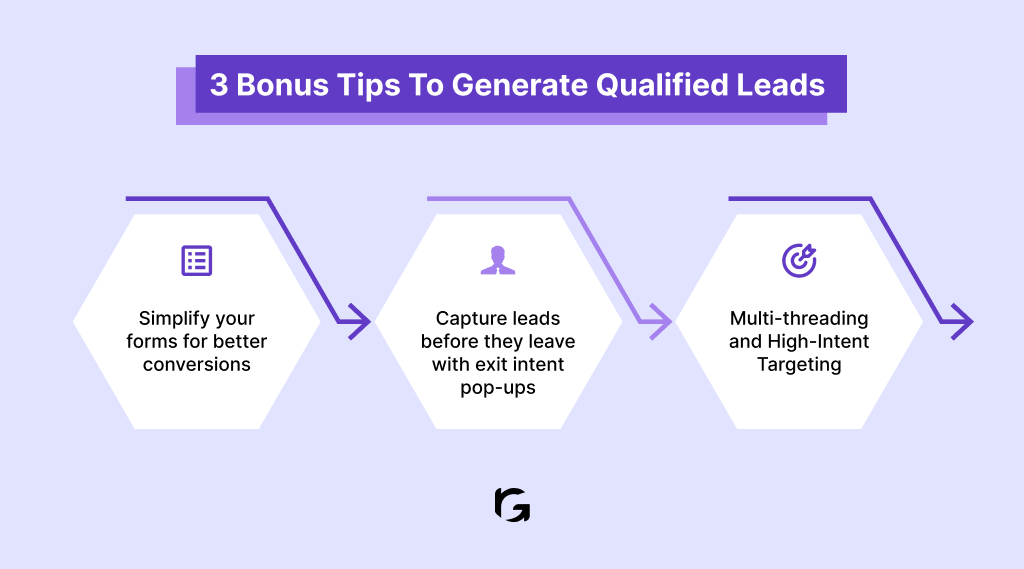
1. Simplify your forms for better conversions
We found that streamlining the “Request Demo” form to just one field asking for the email dramatically reduced barriers to entry. By making it easier for potential leads to take that first step, we saw a noticeable increase in form submissions. Remember, the simpler the form, the less friction and the more leads you’ll capture.
2. Capture leads before they leave with exit intent pop-ups
One of the most effective tactics we implemented was using exit intent pop-ups. These pop-ups appear just as visitors are about to leave the site, offering something valuable in exchange for their contact details. It’s a last-chance effort to capture leads that might have otherwise slipped through the cracks, and it’s a strategy that consistently boosts lead numbers.
3. Multi-threading and High-Intent Targeting
This strategy involves directing high-potential leads to the right resources for follow-up, like ZoomInfo, ensuring that your sales team focuses on the leads most likely to convert. By emphasizing high-intent leads, you’re maximizing the efficiency of your sales process and increasing conversion rates. This approach aligns your resources with the most promising opportunities, ensuring your team’s efforts are concentrated where they’ll make the most difference.
How can Revv Growth help you generate high-quality leads?
At Revv Growth, our approach to generating high-quality leads starts with understanding where your SaaS company stands in its growth journey. Whether you’re a startup, scaling up, or continuing your business lifecycle, we tailor our strategies to fit your unique needs and challenges.
1. Evaluating your market position
We begin by assessing your current market position. If your SaaS product operates within an existing market category with recognizable demand, we can leverage broad-reaching demand generation channels to maximize visibility and lead acquisition. This ensures that we’re not just casting a wide net but also focusing on capturing leads most likely to convert.
2. Customized channel recommendations
We recommend the most effective demand-generation channels based on where you are in your growth stage, the specifics of your market category, and your budget. For example:
- SEO: We focus on building your organic visibility and authority to ensure long-term, sustainable growth.
- Google Ads: To capture high-intent traffic quickly, we use Google Ads to drive immediate results, targeting those already searching for solutions like yours.
- LinkedIn Ads: If you’re in the B2B SaaS space, LinkedIn Ads allow us to target specific audiences precisely, building brand awareness and generating leads that fit your business.
3. Navigating new market categories
Traditional demand generation tactics might be less effective if your SaaS product is pioneering a new category. In these cases, we recommend an Account-Based Marketing (ABM) strategy. ABM allows us to:
- Target key accounts: We target high-value prospects who closely align with your ideal customer profile, ensuring your efforts are concentrated on the leads with the greatest potential.
- Personalized outreach: We create tailored marketing messages that resonate with decision-makers within your target accounts, increasing the likelihood of engagement.
- Accelerate growth: By engaging the most influential stakeholders, we drive adoption and recognition within your new market segment, helping you establish a strong foothold.
At Revv Growth, we aim to ensure that our lead generation strategies perfectly align with your business objectives. We focus on delivering not just any leads but high-quality prospects primed for conversion, ultimately fueling your company’s growth.
Ready to take the next step? Book a call with us today, and let’s discuss how we can tailor our strategies to help you generate the leads you need to scale your SaaS business.
FAQs
1. What is a qualified lead in SaaS?
– A qualified lead in SaaS is a potential customer who fits your target profile and shows interest or intent to purchase your product.
2. How do you get more leads in SaaS?
– Increase SaaS leads through targeted content marketing, SEO, paid ads, and leveraging social proof like testimonials and case studies.
3. What are the essential lead-generation tools for SaaS businesses?
– CRM systems, email marketing platforms, SEO tools, and analytics software are key tools for tracking and optimizing lead-generation efforts.
4. How do I identify and target the right leads for my SaaS business?
– Identify and target leads by analyzing customer data, using lead scoring, and focusing on prospects that match your ideal customer profile.
5. How can I effectively measure my lead generation KPIs?
– Measure lead generation KPIs by tracking conversion rates, cost per lead, and lead quality through your analytics and CRM tools.

